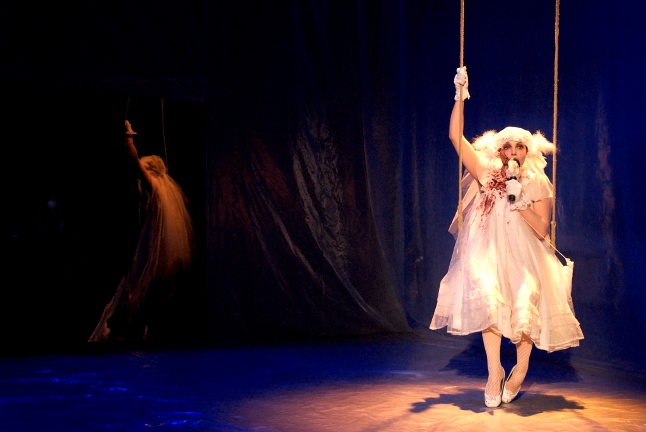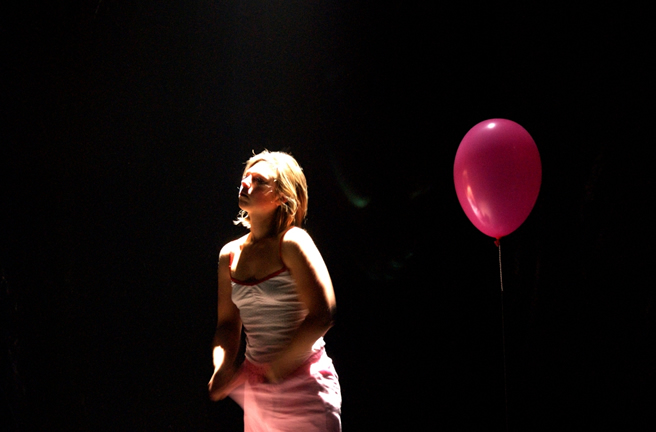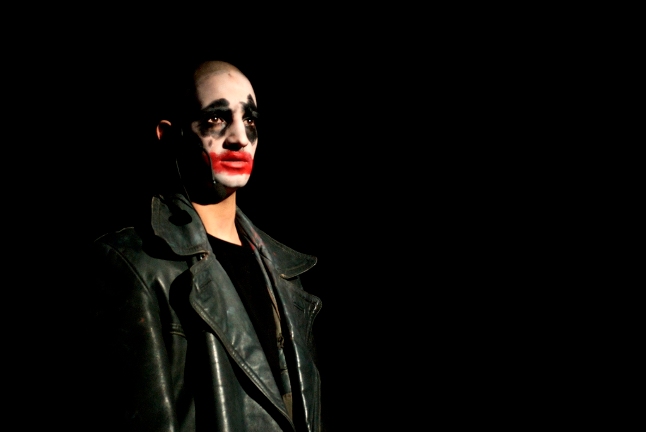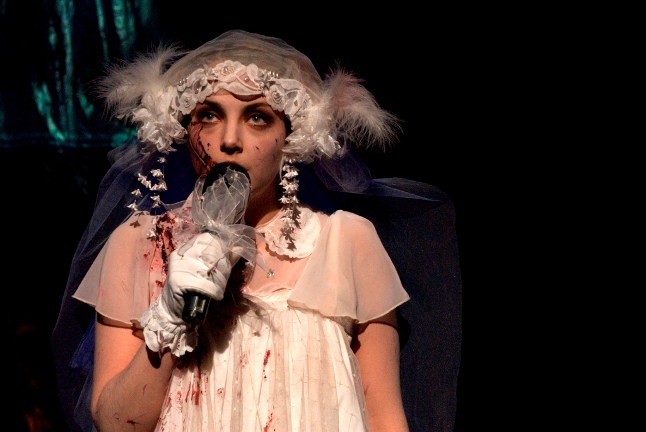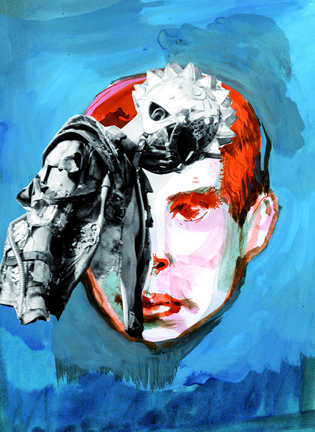These are the testaments of children
Fabrice Murgia
In February of 2007, during one of Thomas Ostermeier’s theatre workshops in Liège, one of his students introduces Fabrice Murgia to Bastian Bosse’s blog. Bosse is an 18 year old German high school student who several months earlier, on November 20th, 2006, opened fire on classmates in his school before taking his own life. During the same workshop, Murgia discovers « The 20th of November », the play that Lars Norén adapted from Bosse’s blog. He decides in turn to adapt it, with a team of three actors, a video artist and a musician. He asks each of them to bring their own, personal diary, because he is convinced that Bosse’s texts are also the testimony of their generation. Why did he come unhinged and what can this dark side tell us about today’s youth, faced as it is, with the present ? He very quickly decides to intertwine the story of Bastian and that of Laetitia, who grew up in fear and who wakes up in a hospital bed. Thus The Grief of Ogres was born. In 2010 it won the Odéon Prize at the Festival Impatience. The documentary aspect of the work is fully asserted : Murgia knows and fully accepts the fascination that stories « inspired by real events » (as made for TV films often announce) can have on the spectator. But the young actor, in taking on the role of director, had no intention of stopping there. Because, as Picasso, whom he quotes in this respect once said : « All that can be imagined is real », and it is indeed imagination as such that interests Murgia ; imagination that is our « sole remaining space of interior freedom », but also the point of impact of the « images that we are bombarded with. ». This gives us the obvious and terrible paradox : that interior space that seems to be our most inalienable right, our own imagination, also appears to be « constructed by the same images » that invade it. The very movement of the play, conceived in three parts, also suggests a voyage, or a drifting away from « the rawest to the most dreamlike », sacrificing realism in the name of the « real », taking away « all realism in order to keep the substance of « truth » ». If Murgia starts with a violent news item in order to tell the story of our times, it is in order to « jettison a certain state of mind on the stage, a nightmare (…) The Grief of Ogres, is the story of a single day during which these children are going to cease being children. I do not think that my play is « political ». In the end, I suppose it is, but my approach is not at all political. I am 25 years old and this is my way of burying my childhood. The play speaks of that, these are the testaments of children. »
Cast
by & directed by Fabrice Murgia
October 6th – 15th, 2011
Ateliers Berthier / 17e
Scenography : François Lefebvre
costumes : Marie-Hélène Balau
Lights : Manu Savini
Music : Maxime Glaude
Video : Jean-François Ravagnan
With Émilie Hermans, David Murgia, Laura Sépul
production Théâtre National de Bruxelles www.theatrenational.be
en collaboration avec La compagnie Artara
avec l’aide du Festival de Liège et de Théâtre&Publics
Created on February 21th, 2009 at the Liege Festival (Belgium)
,


